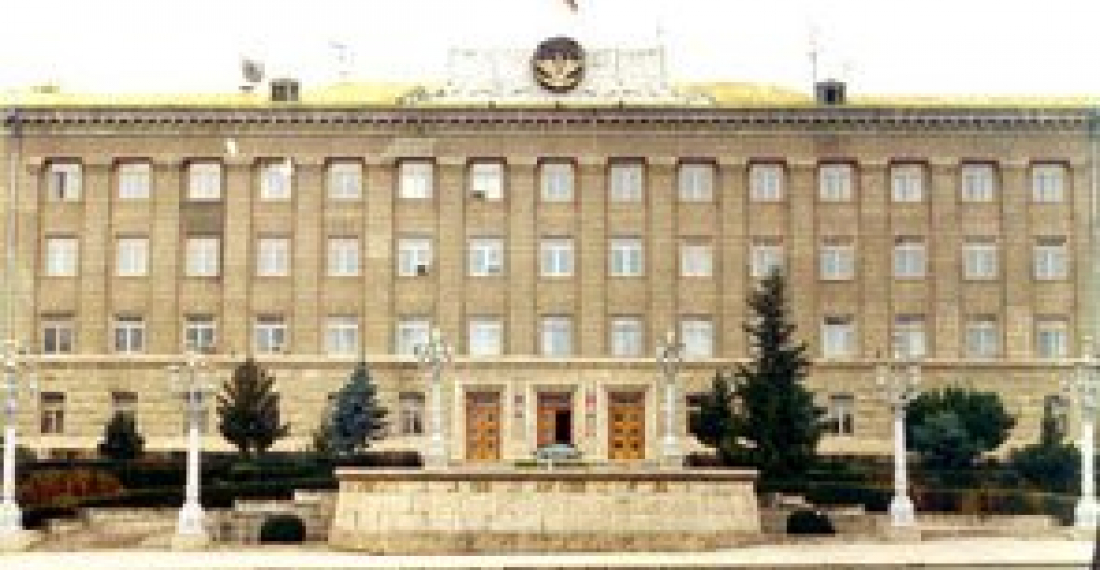Armenians in Nagorno-Karabakh have voted in favour of a package of constitutional amendments, that will see the territory adopt a presidential system. In the vote on Monday, 69,540 voted in favour and 7,686 voted against, to proposals to change the constitution of the self-declared Nagorno-Karabakh Republic. 2,202 votes were invalid. 79,428 voters (76.44% of those registered) participated in the referendum.
The referendum is seen as an attempt by the de facto authorities in Nagorno-Karabakh to consolidate control in the face of increasingly tense military situation around the territory as Azerbaijan maintains pressure as part of its effort to regain the territory. Azerbaijanis of Nagorno-Karabakh who were displaced by the conflict in the 1990s were not allowed to participate in the referendum. The referendum has been dismissed by the international community as irrelevant for the outcome of negotiations on the future of the territory.
source: commonspace.eu with agencies
photo: Government building in Stepanakert







